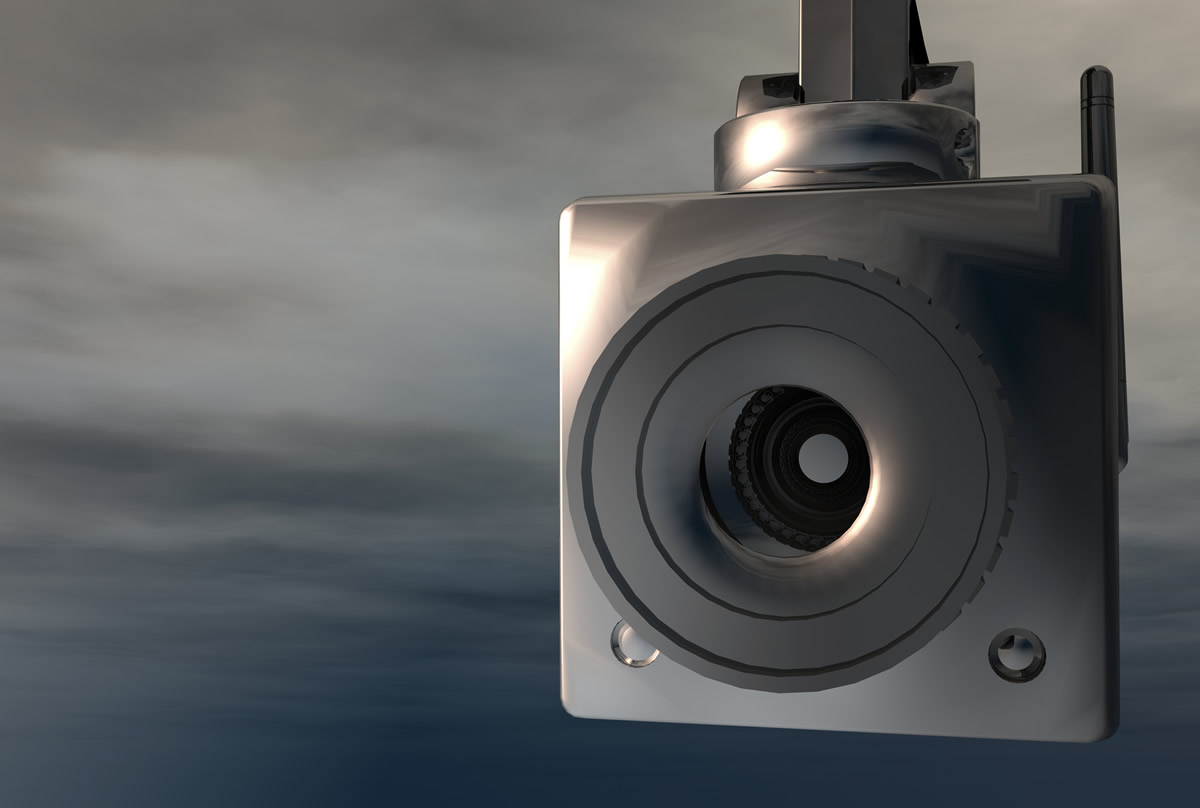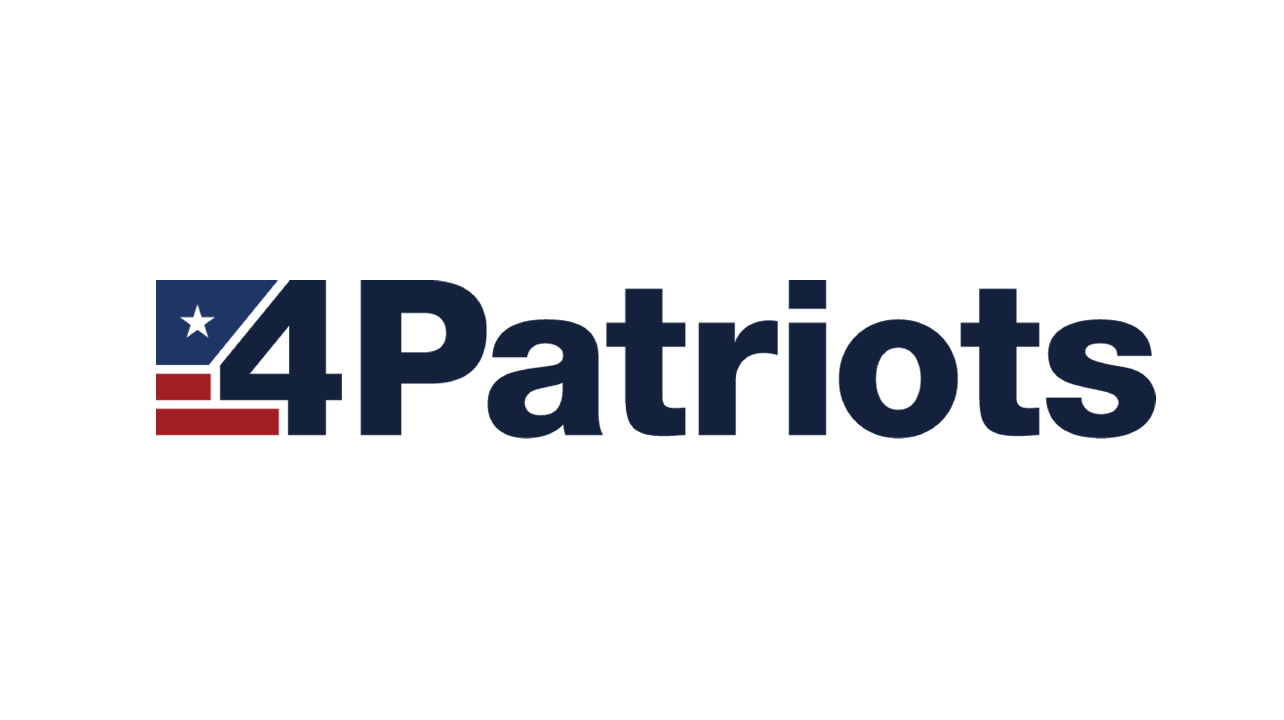The Genesis of the Patriot Act
In the wake of the devastating terrorist attacks on September 11, 2001, the United States Congress swiftly enacted the USA PATRIOT Act, officially titled “Uniting and Strengthening America by Providing Appropriate Tools Required to Intercept and Obstruct Terrorism.” This legislation was signed into law by President George W. Bush on October 26, 2001. The Act aimed to fortify national security by expanding the powers of law enforcement for the purpose of fighting terrorism.
Key Provisions and Powers
The Patriot Act broadened the surveillance capabilities of law enforcement and intelligence agencies. It allowed for enhanced monitoring of communication methods, including tapping into phone conversations and internet communications, accessing business records, and conducting surveillance without immediate notification. The Act made it easier for these entities to share information regarding potential threats, aiming to connect dots faster than before.
Controversies and Concerns
From its inception, the Patriot Act stirred significant controversy and public debate. Critics argue that it infringes on civil liberties and privacy rights, claiming that it grants the government excessive power to monitor individuals and access personal information without adequate oversight or transparency. Supporters, however, contend that these powers are necessary for effective national defense against potential terrorist activities.
Renewals and Revisions
Since 2001, several provisions of the Patriot Act have been renewed and amended. These include modifications to limit some of the powers initially granted, in response to public outcry and legal challenges. The most controversial aspects, such as roving wiretaps and access to business records, have been periodically reauthorized with adjustments to balance security needs with privacy rights.
The Act Today
Today, the Patriot Act remains a polarizing subject in discussions about security and privacy. As threats evolve, so too does the dialogue around what measures are appropriate and how best to implement them without compromising the foundational liberties of American citizens.
Final Reflections
As we continue to navigate the challenges of national security in an ever-changing global landscape, the Patriot Act serves as a testament to the ongoing struggle between safeguarding our nation and preserving the civil liberties that define it. The debate over its merits and drawbacks is likely to persist as we seek the right balance in a post-9/11 world.




Leave feedback about this